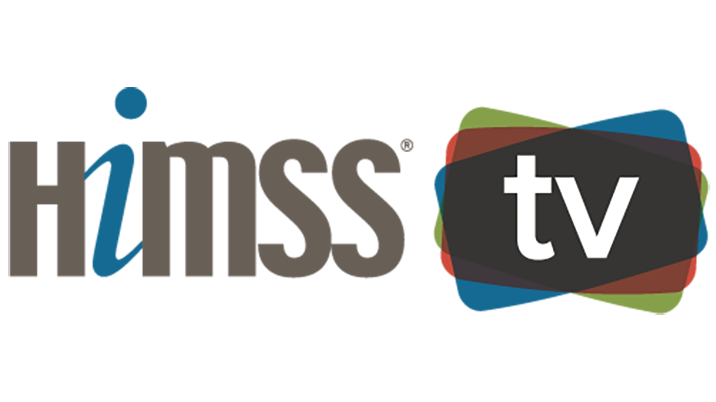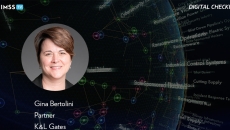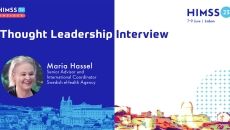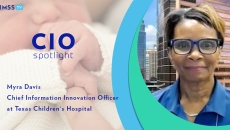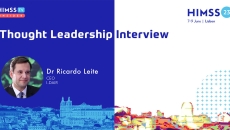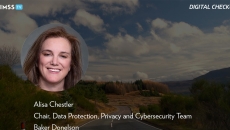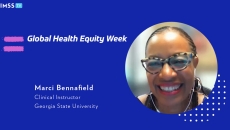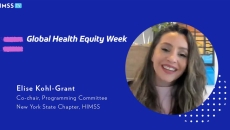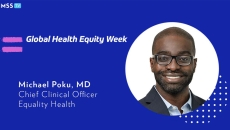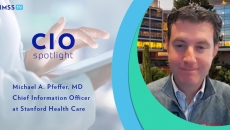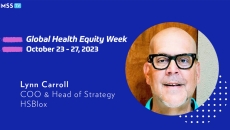HIMSS TV
Gina Bertollini, partner at law firm K&L Gates, discusses the ways healthcare providers can safeguard health information from threat actors and the importance of preparing for an inevitable security breach.
Maria Hassel, Swedish eHealth Agency's international coordinator, relays how Sweden led the European Health Data Space negotiations and what needs to be done to ensure health data access throughout the EU.
Myra Davis, chief information innovation officer at Texas Children’s Hospital, discusses the new hospital the system is opening in Austin, Texas, and how it's leveraging existing technology to expand automation to ease workforce burden.
Systems need to deliver what healthcare workers want, utilize digital technologies to ease workforce burden and focus on lowering the burden of disease to face the challenges in healthcare today, says Dr Ricardo Leite, CEO of I-DAIR.
Behavioral health providers have been left behind regarding EHRs, says Alisa Chestler, chair of the data protection, privacy and cybersecurity team at Baker Donelson. A new bill will add federal funding to help the sector, but is it enough?
Clinical instructor at Georgia State University's health informatics program Marci Bennafield tells how mobile devices help researchers gauge health inequities and how customizing innovation can help address barriers to access to care.
Elise Kohl-Grant, cochair of the programming committee at the HIMSS New York State Chapter, discusses upcoming events at HIMSS and how the group incorporates diverse patient perspectives, especially regarding the utilization of technology.
Dr. Michael Poku, chief clinical officer at Equality Health, discusses the high costs of health inequities and the value of investing in independent primary care physicians, along with data to reach a more equitable system.
Dr. Michael Pfeffer, chief information officer at Stanford Health Care, discusses the valuable relationship between the CMIO and CIO in making technology implementation successful, and initiatives Stanford is working on moving into 2024.
AI and machine learning can help overcome barriers to social determinants of health, says COO of HSBlox Lynn Carroll. Understanding where to take action requires analysis of datasets and tools integrated into traditional medicine.
